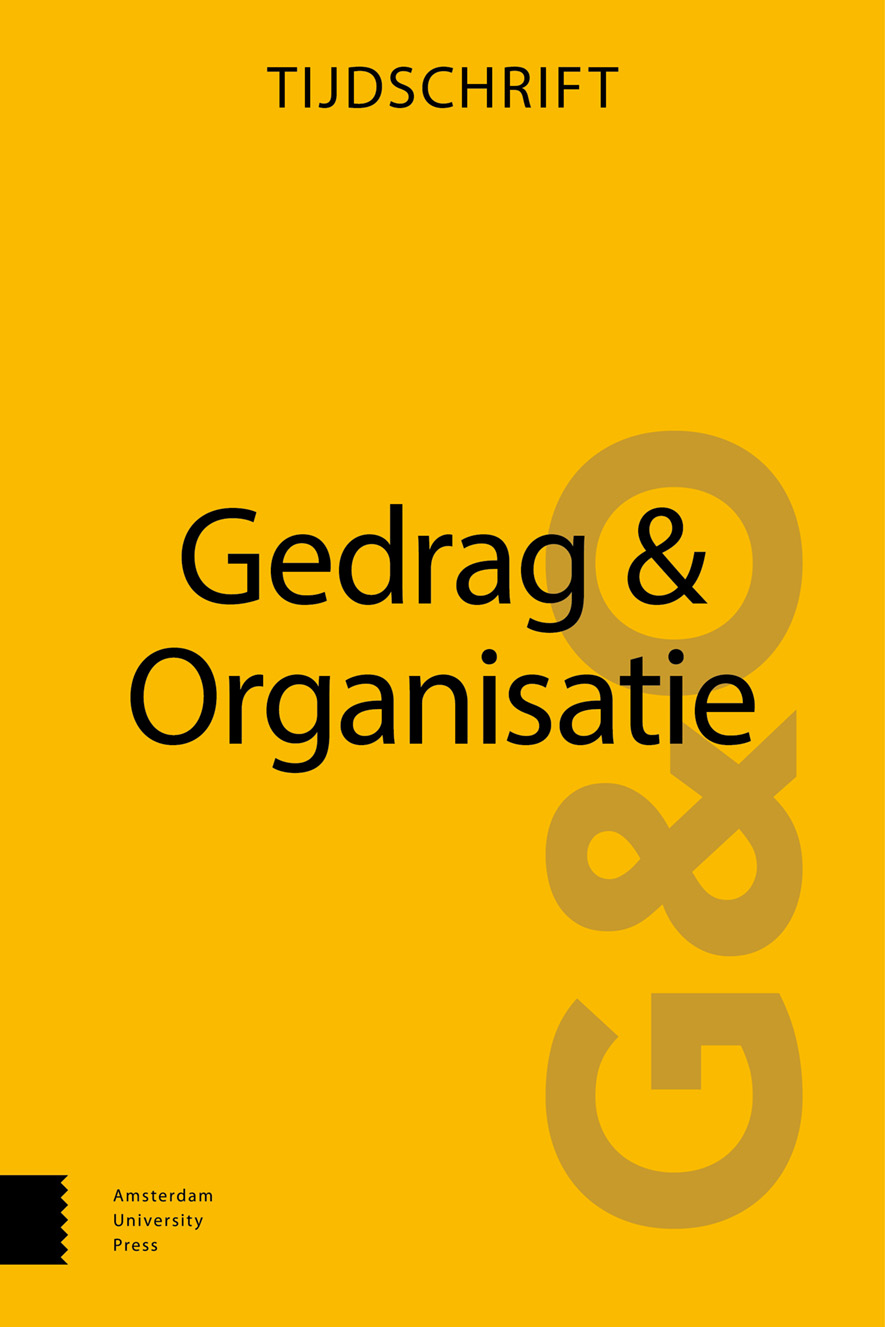-
oa Zelf-geïnitieerde acties van werknemers om burn-out te voorkomen: kruisvalidatie van de Vragenlijst Proactief Burn-outpreventiegedrag (VPB) – een replicatieonderzoek
- Amsterdam University Press
- Source: Gedrag & Organisatie, Volume 34, Issue 2, Jun 2021, p. 222 - 245
Abstract
Burn-out heeft nadelige gevolgen voor zowel werknemers als werkgevers. Preventie van burn-out is dan ook van groot belang. Onderzoek naar burn-outpreventie programma’s heeft zich voornamelijk gericht op interventies geïnitieerd door werkgevers; minder bekend is welke acties werknemers zelf ondernemen om een burn-out te voorkomen. De bevindingen uit een eerdere exploratieve interviewstudie lieten zien dat werknemers proactief gedrag kunnen vertonen om burn-out te voorkomen. Dit gedrag is niet alleen gericht op het werk, maar ook op factoren in het thuis- en persoonlijke domein. Dit artikel beschrijft de kruisvalidatie van een recent ontwikkeld instrument dat meet in welke mate werknemers zelf actie ondernemen om burn-out te voorkomen: de Vragenlijst Proactieve Burn-outpreventiegedrag (VPB). Op basis van gegevens van twee cross-sectionele steekproeven (N1 = 236, N2 = 235) werden exploratieve en confirmatieve factoranalyses uitgevoerd die de factorvaliditeit van het instrument bevestigden. Aanvullende correlatieanalyses lieten zien dat het concept zoals verwacht een positieve samenhang vertoonde met zelfeffectiviteit en een negatieve samenhang met burn-out. De bevindingen suggereren dat proactief burn-outpreventiegedrag op een betrouwbare en valide wijze kan worden gemeten. Indien dit gedrag in vervolgonderzoek effectief blijkt te zijn, is het ontwikkelen en implementeren van een interventie om dit zelf-geïnitieerde gedrag te stimuleren een logische vervolgstap.


